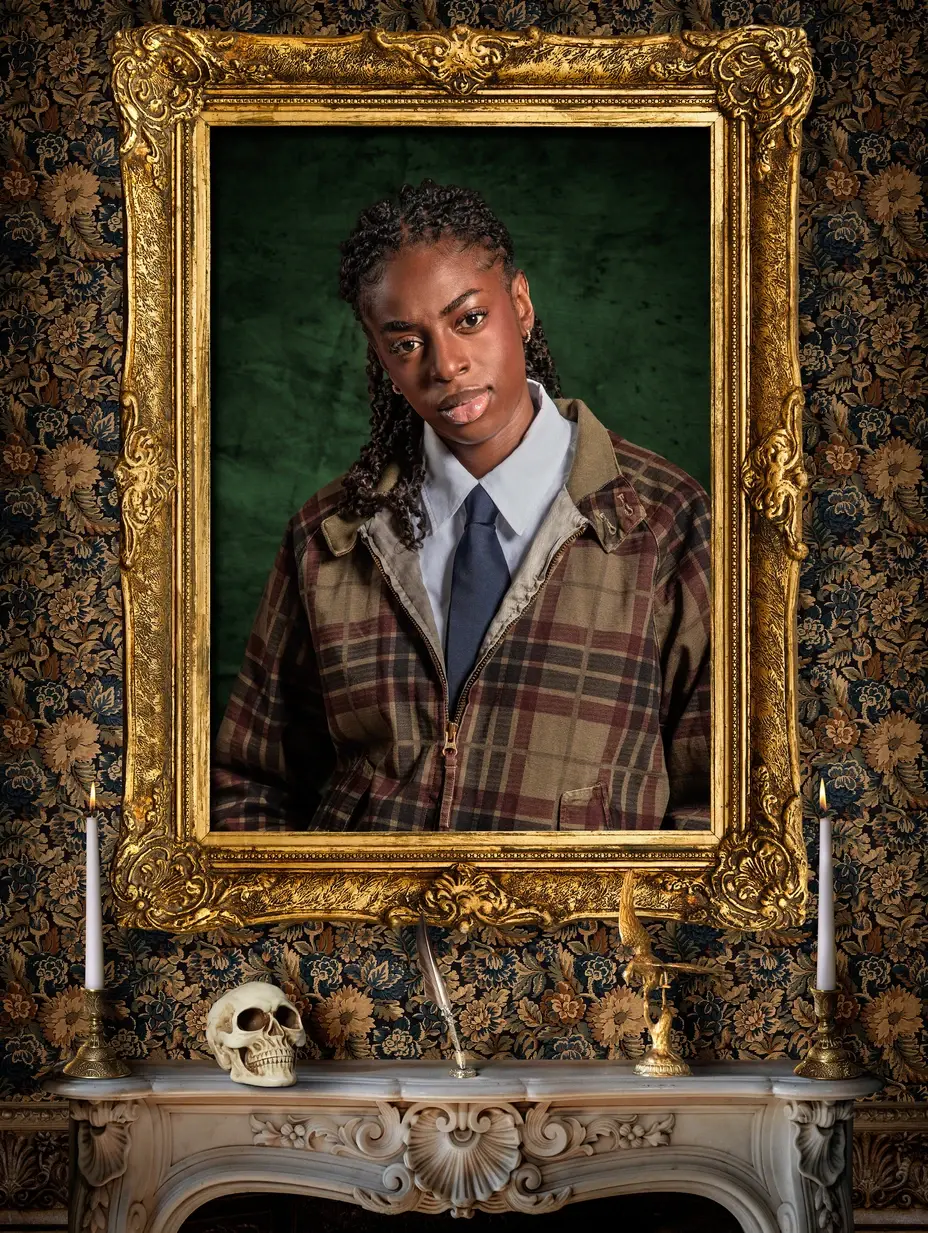Leadership Under Pressure: Lessons from Celebrity Traitors 2025
- Ryan Clyde

- Nov 2
- 4 min read

Introduction: Leadership Lessons
Celebrity Traitors 2025 hasn’t just been entertaining – it’s delivered a fantastic experiment in leadership, emotional intelligence, and decision-making.
Without an official hierarchy, in every round table leadership within the group emerges through influence, confidence, communication, and credibility.
Stripped of their fame and titles, the Celebs are showing us what great leaders do when facts are few, trust is fragile, and emotions run high.

Alan Carr
On the surface, Alan’s success stems from convincing others he’s just not serious enough to be a Traitor. But how?
From the outset, Alan has created psychological safety through levity. Nearly every interaction has involved humour rather than avoidance or evidence – this is Alan’s emotional regulation strategy. He recognises that being ‘the funny guy’ (“Chatty Man”?) gives likeability but also draws attention. When he slipped up and seemed to forget he had a “shield”, making him immune from The Traitor’s killing that evening, he calmly recalibrated his tone and re-centred the group.
Alan demonstrates a real agility in decision-making, as he has successfully recognised when to instigate/encourage momentum to influence votes and when to quietly observe. This calculation and adaptiveness are features of the Adult ego-state, and when combined with his Nurturing Parent (comforts, jokes, builds alliances) he leads. But when humour dominates, his Child state takes over – and he risks exposure.
Trainetics: Humour can build safety but must be balanced with focus. We help leaders recognise different ego states, and how to shift interactions between them.

Cat Burns
Cat offers a fresh dynamic: she’s younger, artistic, and with a self-awareness around her ADHD/Autism disclosure that adds a nuanced layer to her interactions. Her emotional intelligence is highlighted in her social awareness: she manages expectations, deflects suspicion, and builds trust through authenticity. Her quiet manner has become an asset rather than a liability.
In her decision-making, Cat plays the long game and often doesn’t speak first. But when she does speak, her contributions carry weight. Cat balances risk – she’s not overly flashy, but deliberate and effective.
Despite being the youngest in the group, Cat has avoided shifting into the Child ego-state – for her, this would likely manifest as being over-defensive or too silent. Her observation and analysis show she operates as an Adult and uses her calm to lead, not hide.
Trainetics: Emerging leaders can harness subtle strength: emotional intelligence and measured decision-making beat loud bravado. We can help leaders convert authenticity into influence.

Nick Mohammed
Nick combines comedic charm with strategic insight. His key trait is his self-management: he’s aware of how his persona might be underestimated and uses that to his advantage to quietly challenge assumptions.
Nick’s decision making under ambiguity is interesting: in a key mission he deliberately sabotaged his team’s answer because he suspected deeper gameplay from others. That kind of contrarian move shows high willingness to act on limited data.
Nick uses his Child state (humour, unpredictability) effectively as cover, while his Adult mindset clearly drives deeper strategy. He occasionally dips into Critical Parent when questioning others, which has sabotaged some trust and led him to be suspected.
Trainetics: Leadership sometimes requires a disruptor mindset – but it must be balanced with trustworthiness and clear decision-logic. We want to encourage leaders to use their humour and uniqueness as influence – not distraction.

David Olusoga
David brings intellectual seriousness and strong social awareness, he reads group dynamics and detects inconsistencies. However, his self-management under emotional escalation has been tested – particularly his spat with Kate Garroway last week!
His decision-making style is heavily analytical: evaluating patterns, probing logic and less reliance on instinct. This gives him real strength when the facts align – but in a game of deception, those facts are partial at best.
David gravitates towards the Adult (rational, measured) ego state with some traces of Nurturing Parent (considerate, respectful). By leaning far into analysis and not enough into relational cues he risks appearing remote, despite his significant contributions.
Trainetics: Leaders with strong analytical capability must deliberately attend to emotional cues and relational dynamics of the group.

Joe Marler
Joe carries “physical” presence as a former England rugby player – but his strong emotional intelligence and decision-making have seen him labelled by viewers as possibly the “best Faithful”. His key skill is relationship management: he builds alliances, communicates incredibly tactfully, and uses his social capital effectively. He has demonstrated both instinct: “I trust these two”, and influence: “Let’s align on this vote”, which has won support.
Joe leverages Adult (reasoning, strategy) and Nurturing Parent (building rapport). He avoids his Child trap (brute force) and instead uses his presence as a platform for trust.
Trainetics: Leaders whose strength lies in presence or authority still succeed when they integrate emotional awareness and disciplined decision-making. We can help leaders turn presence into purposeful influence.
Summary
The Traitors may be built for drama, but its lessons are relevant. These five finalists reveal one truth: emotional intelligence and composure under pressure separate good leaders from great ones.
At Trainetics we translate these lessons into practical, evidence-based tools for professionals in every high-performance environment:
Leadership Under Pressure – mastering composure, empathy, and influence in high-stakes moments
Emotional Intelligence in Action – analysing behaviour, managing triggers, and reading non-verbal clues
Strategic Decision-Making – applying structure and reason under ambiguity
Transactional Analysis for Leaders – understanding different ego-states to improve collaboration
Whether you lead in a boardroom, operating theatre, cockpit – or even a castle – we can help transform these insights into your professional edge. We use immersive, evidence-based training that builds awareness, adaptability, and trust.
Ready to elevate your leadership team? Visit trainetics.co.uk/book-online
